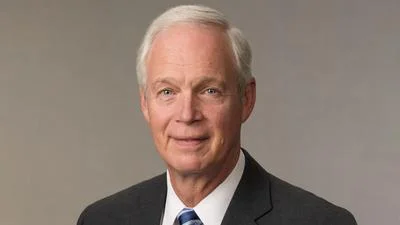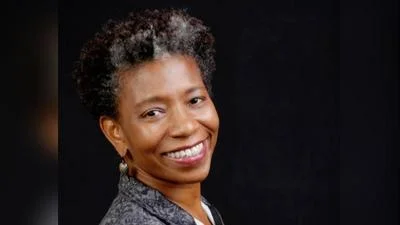University of Wisconsin - Milawukee issued the following announcement on Dec. 9
The holiday season typically is a time when people go to the movies to see the latest superhero flick or a film generating Oscar buzz. However, the last couple years have been anything but typical, with the lights dimming at many theaters because of the COVID-19 pandemic. Some movie studios responded in part by relying more on streaming services to release films.
Many cinemas have reopened in 2021, and there have been other positive signs that theaters may be rebounding, especially as more Americans get vaccinated. Still, some customers remain wary about returning to indoor public spaces such as theaters.
On this episode of Curious Campus, UWM’s new podcast about science, discovery and culture, we talk about movie theaters and the movies with Jocelyn Szczepaniak-Gillece, an associate professor and director of the film studies program at UWM; and Andrew Mencher, director of programming and operations at the Avalon Theater in Washington, D.C.
Andrew Mencher
Mencher also is owner and operations director of The Cinema Club, a national organization that, in non-COVID times, offers sneak previews to new independent and foreign films, and hosts post-screening discussions with film enthusiasts. The club’s in-person screenings are on hold for now due to the pandemic. Szczepaniak-Gillece is a co-moderator of the Milwaukee chapter of The Cinema Club.
Szczepaniak-Gillece and Mencher answer some questions below. Pick up some popcorn and listen to the full show at WUWM.com or on your favorite podcast app.
What makes watching a movie in a theater special?
Szczepaniak-Gillece: To me, it’s about the democratic aspects of the movie theater, how there is a possibility for all manner of different people to enter the theater. That’s not to say that it’s always been a democratic space, nor one that has welcomed everyone at all times.
But from very early on, the movie theater is a place where immigrants, women – all sorts of people – mingle in ways that weren’t possible in other kinds of public spheres.
We don’t choose our seatmates at the movie theater, usually, and that’s a really powerful thing – the possibility of experiencing something sweeping, emotional and empathetic with a person we wouldn’t necessarily to choose to sit next to. That doesn’t happen very much.
Mencher: I come down along the lines of someone who would define this from the industry side, and as a spectator and movie lover, and that is, “What isn’t great about the going-to-the-movies experience?” There’s the grand aspect of watching something on a huge screen with excellent sound and excellent lighting, and truly being forced to sit there and pay attention to the time the movie is going to unfold. An inability to walk away and be distracted – I think that has become more and more precious these days, because it’s nearly impossible to find a similar situation.
How were smaller, nonprofit or independent theaters affected by the pandemic?
Mencher: For a nonprofit theater, we had a lot we could lean on. We were able to take advantage of (federal Paycheck Protection Plan) loans and local grants. A lot of theaters did very well by the Shuttered Venue Operators grant. Frankly, that was a lifeline for an enormous number of venues that would be gone if not for that bill.
We also had people who donated. It was somewhat of an advantage over the commercial venues that didn’t have that same sort of customer base that they could lean on. There are some nonprofits like (The Avalon in Washington) that are in an OK position financially. I certainly have my concerns about how we go forward and what it looks like. Our sort of theater, and I would imagine theaters like the Oriental Theatre in Milwaukee, which has a strong customer base, would probably be in reasonably good shape, as opposed to some of the smaller, for-profit theaters at this point.
What’s an example of how theaters have responded to try to bring back customers?
Szczepaniak-Gillece: I’ve been to the movies a few times this year, each time has been packed, which I think is a good sign. I’ve gone to the Avalon Theater in Milwaukee, and I think part of the reason that the Avalon has been so successful is not only its strong customer base, but it’s one of those theaters that relies on concessions.
You can get nachos and chicken fingers delivered to your seat. It is not necessarily my favorite thing in the world, but in this moment of crisis, there also is this pivot toward extra possibilities in the movie theater. With concessions, including getting a full meal, and, certainly in Milwaukee, being able to buy alcohol and getting it delivered to your seat, it’s a big part of bringing audiences back in.
Listen to the full show at WUWM.com or on your favorite podcast app.
Original source can be found here.






 Alerts Sign-up
Alerts Sign-up